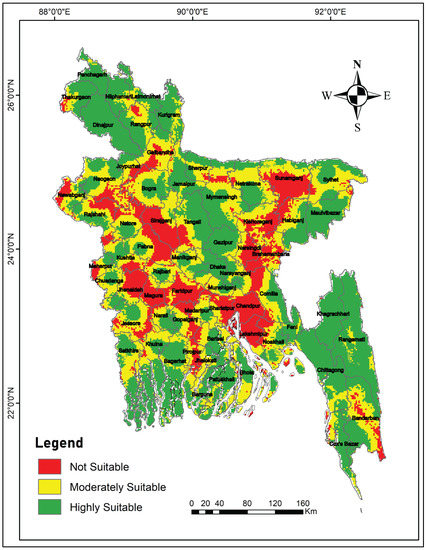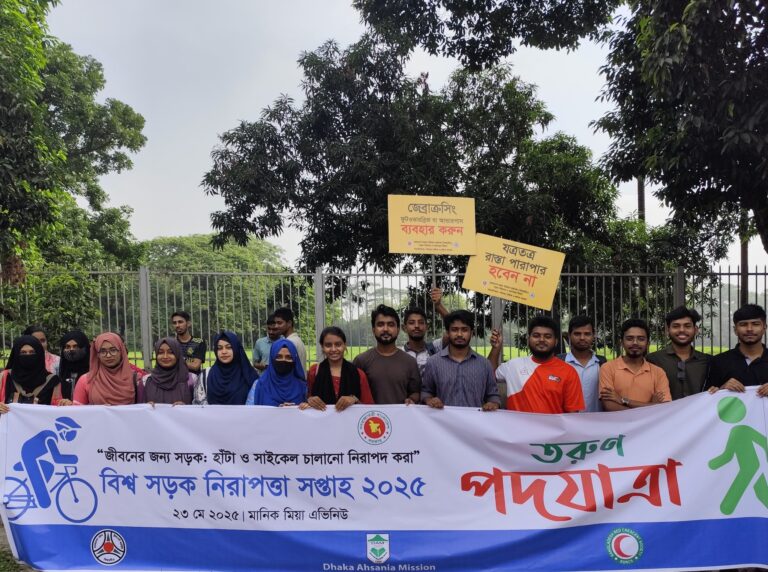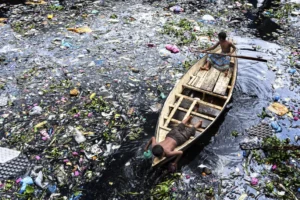Ecotourism, a form of responsible travel that supports environmental conservation and improves the well-being of local communities, has emerged as a promising sector for Bangladesh. Blessed with diverse ecosystems, including the world’s largest mangrove forest, serene hill tracts, beautiful beaches, and rich biodiversity, Bangladesh holds immense potential for ecotourism. However, the challenge lies in balancing environmental conservation with sustainable development. As the country aspires to expand its tourism industry, it must ensure that the growth does not come at the cost of natural resources and indigenous communities.
What is Ecotourism?
Ecotourism refers to nature-based tourism that is environmentally responsible and benefits both the environment and local people. Unlike mass tourism, which often leads to environmental degradation and cultural erosion, ecotourism promotes conservation, education, and community involvement. It encourages tourists to visit natural areas while ensuring minimal impact on ecosystems.
In the context of Bangladesh, ecotourism involves visits to natural reserves, forests, wetlands, hills, and coastal areas where travellers engage with local culture and nature, learn about conservation efforts, and contribute economically to host communities.
Ecotourism Potential in Bangladesh
Bangladesh is home to many ecologically important and picturesque locations that are ideal for ecotourism:
Sundarbans: The UNESCO World Heritage Site and the world’s largest mangrove forest, the Sundarbans is home to the Royal Bengal Tiger, spotted deer, saltwater crocodiles, and numerous bird species. Tourists can explore the forest through guided boat trips, nature walks, and village visits.
Cox’s Bazar and Saint Martin’s Island: While mostly known for leisure tourism, these areas also have the potential for ecotourism through coral reef conservation, marine biodiversity awareness, and sustainable beach activities.
Chittagong Hill Tracts (CHT): The CHT region, comprising Rangamati, Bandarban, and Khagrachhari, offers breathtaking landscapes, tribal culture, and rich biodiversity. Eco-lodges and community-based tourism initiatives can promote sustainable travel here.
Ratargul Swamp Forest: Located in Sylhet, this freshwater swamp forest attracts nature lovers, bird watchers, and researchers. It is a unique destination for eco-friendly boat tours and wetland conservation education.
Tanguar Haor: This wetland of international importance under the Ramsar Convention supports migratory birds and fish species. Community-based tourism projects have already begun here with positive outcomes.
Lawachara National Park: Near Srimangal, this tropical rainforest is known for its flora and fauna, including the endangered hoolock gibbon. It is ideal for nature trails and wildlife photography.
Benefits of Ecotourism
Ecotourism has the potential to bring significant benefits to both the environment and society:
Environmental Conservation: By creating awareness and generating funds, ecotourism supports conservation of forests, wildlife, and marine habitats. Protected areas can receive financial support from tourist fees.
Economic Development: Local communities can earn through homestays, handicrafts, guided tours, and local transport. This helps reduce poverty and encourages people to preserve their surroundings.
Cultural Preservation: Ecotourism encourages respect for local customs, traditions, and heritage. Tourists learn about indigenous lifestyles, while communities take pride in showcasing their culture.
Education and Awareness: Ecotourism offers learning opportunities for both tourists and hosts. It promotes understanding of ecology, climate change, and the importance of sustainability.
Alternative to Mass Tourism: By diverting traffic from crowded tourist spots, ecotourism reduces the pressure on popular destinations, thereby promoting more balanced regional development.
Challenges Facing Ecotourism
Despite its potential, ecotourism in Bangladesh faces several challenges that must be addressed to ensure sustainable growth:
Lack of Proper Infrastructure: Many ecotourism sites suffer from poor transportation, limited accommodation, and lack of basic amenities, discouraging tourists and investors.
Unregulated Tourism: In the absence of strict guidelines, some tourist activities damage sensitive ecosystems. For example, unregulated boating in wetlands or littering in forests harms biodiversity.
Insufficient Community Involvement: In many areas, local people are not adequately involved in tourism planning or benefit-sharing. This leads to conflicts and undermines long-term sustainability.
Environmental Degradation: Without proper waste management, ecotourism can lead to pollution. Plastic waste, noise, and irresponsible behaviour by tourists can harm natural habitats.
Lack of Skilled Manpower: There is a shortage of trained guides, conservation experts, and hospitality workers familiar with eco-friendly practices.
Policy and Governance Gaps: Coordination between different government departments is often weak. Policies for ecotourism remain fragmented and are not consistently implemented.
Government and NGO Initiatives
Several initiatives have been taken by government agencies and non-governmental organisations (NGOs) to promote ecotourism:
- The Bangladesh Parjatan Corporation (BPC) and Forest Department have developed eco-cottages, walking trails, and visitor centres in certain forest reserves.
- Projects in the Sundarbans and Tanguar Haor have engaged local communities in tourism services.
- NGOs like the Bangladesh Ecotourism Society and other environmental groups conduct awareness campaigns, research, and training for sustainable tourism.
Despite these efforts, a national ecotourism policy with clear guidelines and responsibilities is still lacking. Long-term planning and investment are needed to make ecotourism a viable industry.
Strategies for Sustainable Ecotourism
To realise the full potential of ecotourism in Bangladesh, the following steps are recommended:
Develop a National Ecotourism Policy: A comprehensive policy should define ecotourism standards, conservation requirements, community rights, and monitoring mechanisms.
Invest in Infrastructure: Roads, communication networks, eco-friendly lodging, sanitation, and safety measures should be improved in potential ecotourism zones.
Capacity Building: Train local youth, women, and entrepreneurs in tourism services, language skills, and environmental management to create a skilled workforce.
Community Participation: Involve local people in decision-making, revenue sharing, and tourism activities. Empower them through co-management models.
Environmental Education: Educate tourists about sustainable practices. Promote eco-certification for tour operators and hotels to encourage responsible behaviour.
Use of Technology: Digital tools can be used for tourist information, feedback, and monitoring environmental impact. Eco-tour apps and online booking systems can attract more visitors.
Strengthen Law Enforcement: Protect ecotourism sites from illegal logging, poaching, and encroachment. Laws related to environmental protection must be strictly enforced.
Promote Research and Innovation: Academic institutions and NGOs should conduct studies on tourism impact, biodiversity, and local economy to inform policy and practice.
Role of Media and Civil Society
The media can play a vital role in popularising ecotourism and highlighting best practices. Success stories, travel features, and environmental news can educate the public and influence decision-makers. Civil society organisations can act as watchdogs, advocates, and facilitators of community-led tourism projects.
Ecotourism presents a golden opportunity for Bangladesh to protect its natural treasures while promoting inclusive development. With proper planning, investment, and community engagement, the country can build a tourism sector that is not only economically beneficial but also environmentally and socially sustainable.
Balancing conservation and development is not an easy task, but it is a necessary one. As Bangladesh progresses toward becoming a middle-income nation, it must not lose sight of its ecological wealth. The forests, rivers, hills, and wetlands are not just tourist attractions—they are vital for the country’s climate, culture, and future generations.
By embracing ecotourism, Bangladesh can showcase its natural beauty to the world while preserving it for tomorrow. Responsible travel is not just a trend—it is a commitment to a better, greener, and more just future for all.








